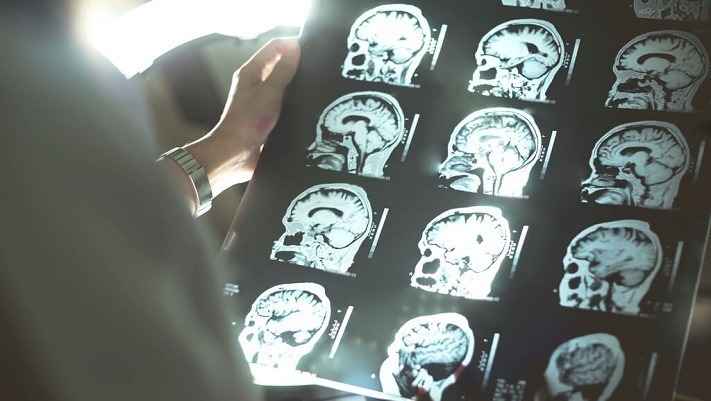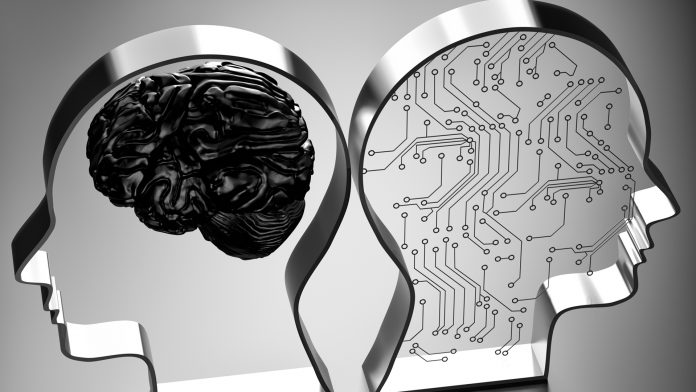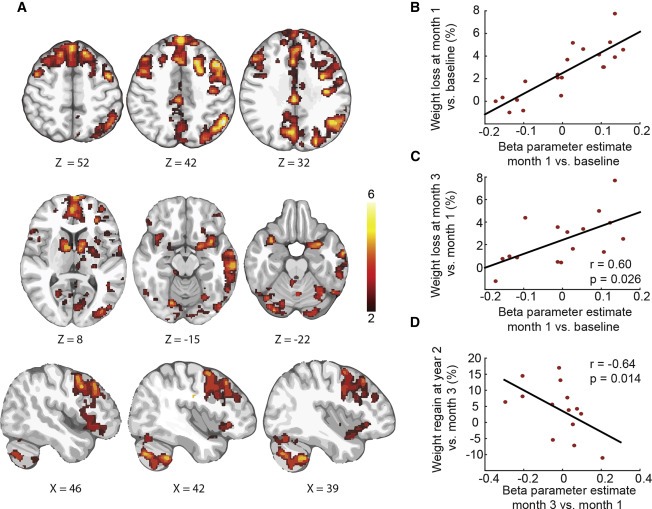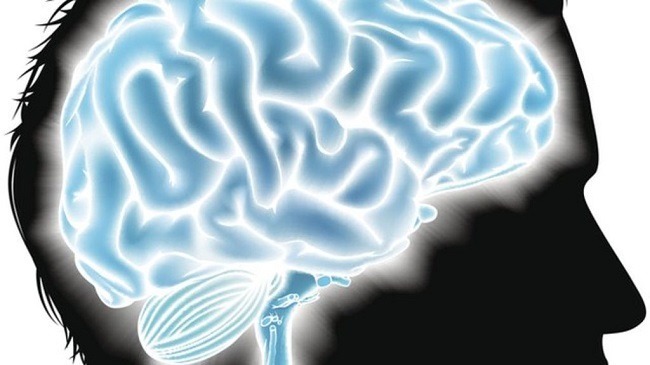Posts Tagged ‘fMRI’
Flexibility is good except when it isn’t: Study finds how scientists can reach different conclusions analyzing the same brain scans
Neuroimaging: Many Analysts, Differing Results (Dana Foundation): For decades, both the research and medical communities have relied on neuroimaging tools like functional magnetic resonance imaging (fMRI) to give them a window into the living human brain. Such scans have provided unprecedented insights into the brain’s structure and function – and the field, as a whole,…
Read MoreMachine-learning study finds EEG brain signatures that predict response to antidepressant treatments
– Brain-wave pattern can identify people likely to respond to antidepressant, study finds (Stanford Medicine press release): “A new method of interpreting brain activity could potentially be used in clinics to help determine the best treatment options for depression, according to a study led by researchers at the Stanford School of Medicine. Stanford researchers and…
Read MoreHow do you respond to unfamiliar music?
Music seems to be a social glue. Think of how love songs enhance our romantic feelings, how marching bands intensify our affinity for the home team, or how huge rock concerts make us feel one with a crowd of thousands. Music has some special power to increase our sense of connection and help us affiliate…
Read MoreBest predictor of sustained weight-loss? Prefrontal cortex activation
_____ New research suggests that higher-level brain functions have a major role in losing weight. In a study among 24 participants at a weight-loss clinic, those who achieved greatest success in terms of weight loss demonstrated more activity in the brain regions of the lateral prefrontal cortex associated with self-control.
Read MoreBrain imaging show that patients with Alzheimer’s disease can still remember and enjoy their favorite songs
___ Music Activates Regions of the Brain Spared by Alzheimer’s Disease (University of Utah): “Ever get chills listening to a particularly moving piece of music? You can thank the salience network of the brain for that emotional joint. Surprisingly, this region also remains an island of remembrance that is spared from the ravages of Alzheimer’s disease.…
Read MoreNHS Choices helps improve brain health and science literacy by reporting findings in context — as seen in this brain training & schizophrenia example
___ Video game-based ‘brain training’ may help people with schizophrenia (NHS Choices): “People with schizophrenia can be trained by playing a video game to control the part of the brain linked to verbal hallucinations,” BBC News reports
Read More





